The University of Leeds is leading a £4.2m national infrastructure research project to develop small robots to identify problems with utility pipes, street lights and roads and fix them automatically.
The researchers will initially develop new robot designs and technologies in three areas:
• “Perch and Repair” – research to develop drones that can perch, like birds, on structures at height and perform repair tasks, such as repairing street lights.
• “Perceive and Patch” – research to develop drones able to autonomously inspect, diagnose, repair and prevent potholes in roads;
• “Fire and forget” – research to develop robots which will operate indefinitely within live utility pipes performing inspection, repair, metering and reporting tasks.
The team will work with Leeds City Council and the UK Collaboration for Research in Infrastructure and Cities to ensure that the robots are thoroughly tested before being trialled in the city.
Professor Phil Purnell, from the School of Civil Engineering, is leading the research team. He said: “We want to make Leeds the first city in the world to have zero disruption from street works.
“We can support infrastructure which can be entirely maintained by robots and make the disruption caused by the constant digging up the road in our cities a thing of the past.”
Dr Rob Richardson, director of the National Facility for Innovative Robotic Systems at the University added: “Detecting faults and weaknesses early and then quickly performing smart repairs is the key.
“Our robots will undertake precision repairs and avoid the need for large construction vehicles in the heart of our cities. We will use the unique capabilities of our robotic facility to make new, more capable robots.”
Leader of Leeds City Council Councillor Judith Blake said: “We are delighted to be working with the University of Leeds on this intriguing and groundbreaking project.
“We are very keen to explore new innovations and use the latest technologies to improve how the city runs through our Smart Cities programme, and this idea of turning science fiction into fact will be fascinating to watch.
“We look forward to following its development with interest as part of a relationship between the council and the university that continues to go from strength to strength.”









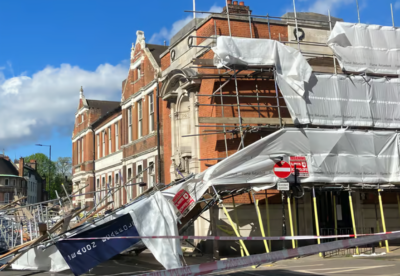
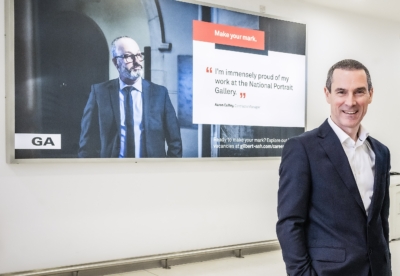
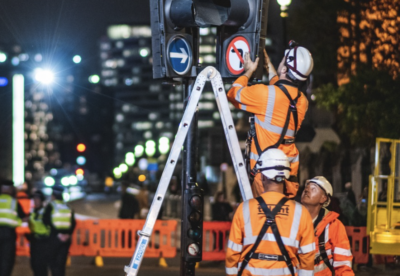



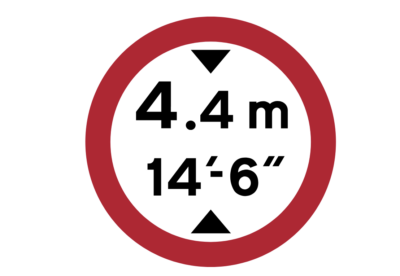

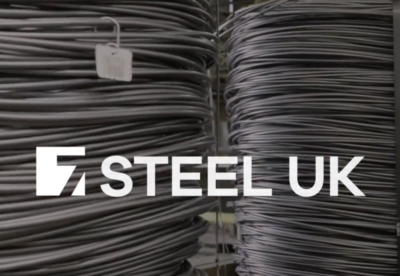
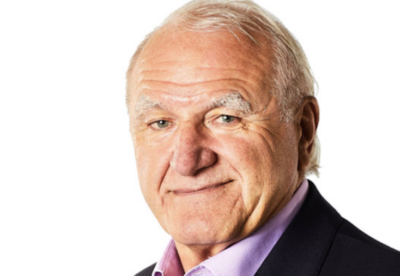
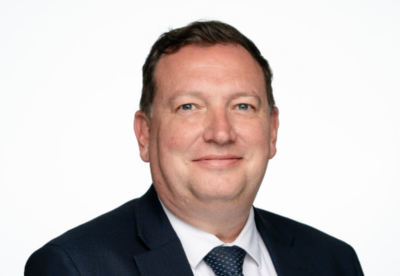

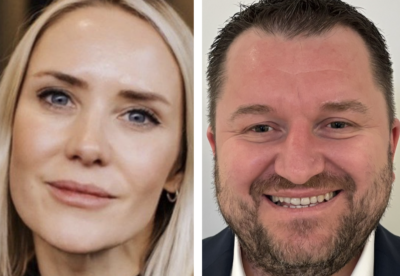
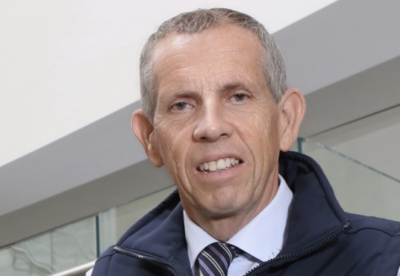





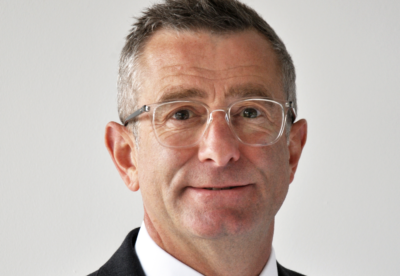
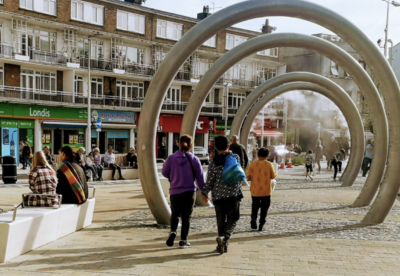
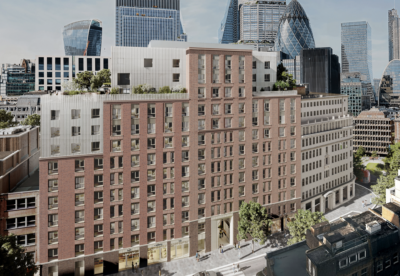
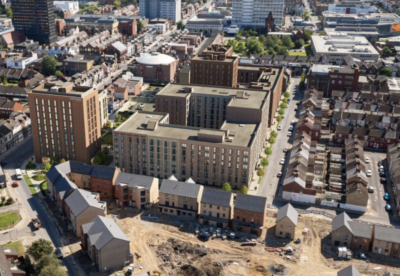
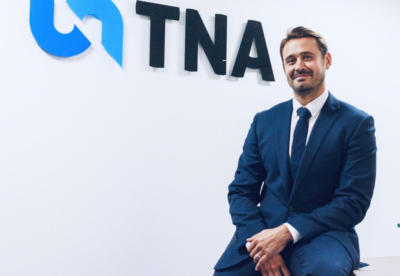
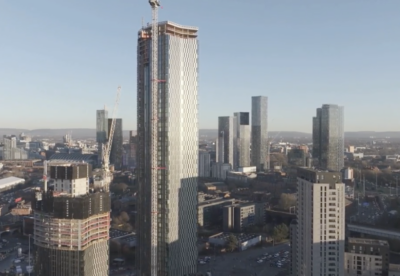

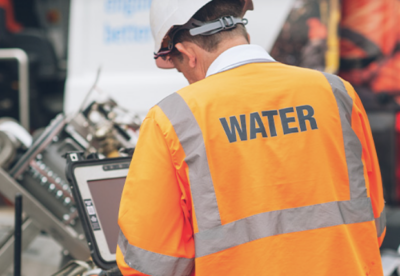



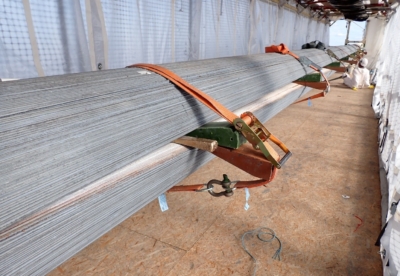
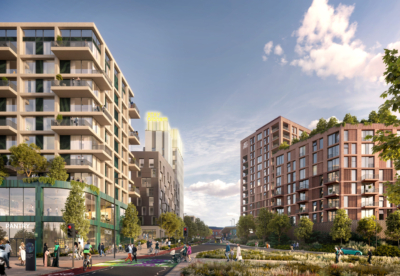


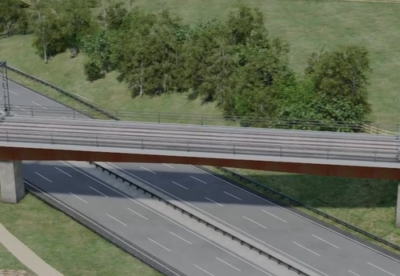

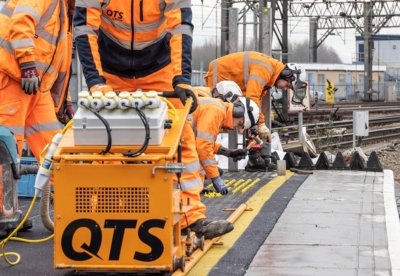



.gif)






 (300 x 250 px).jpg)